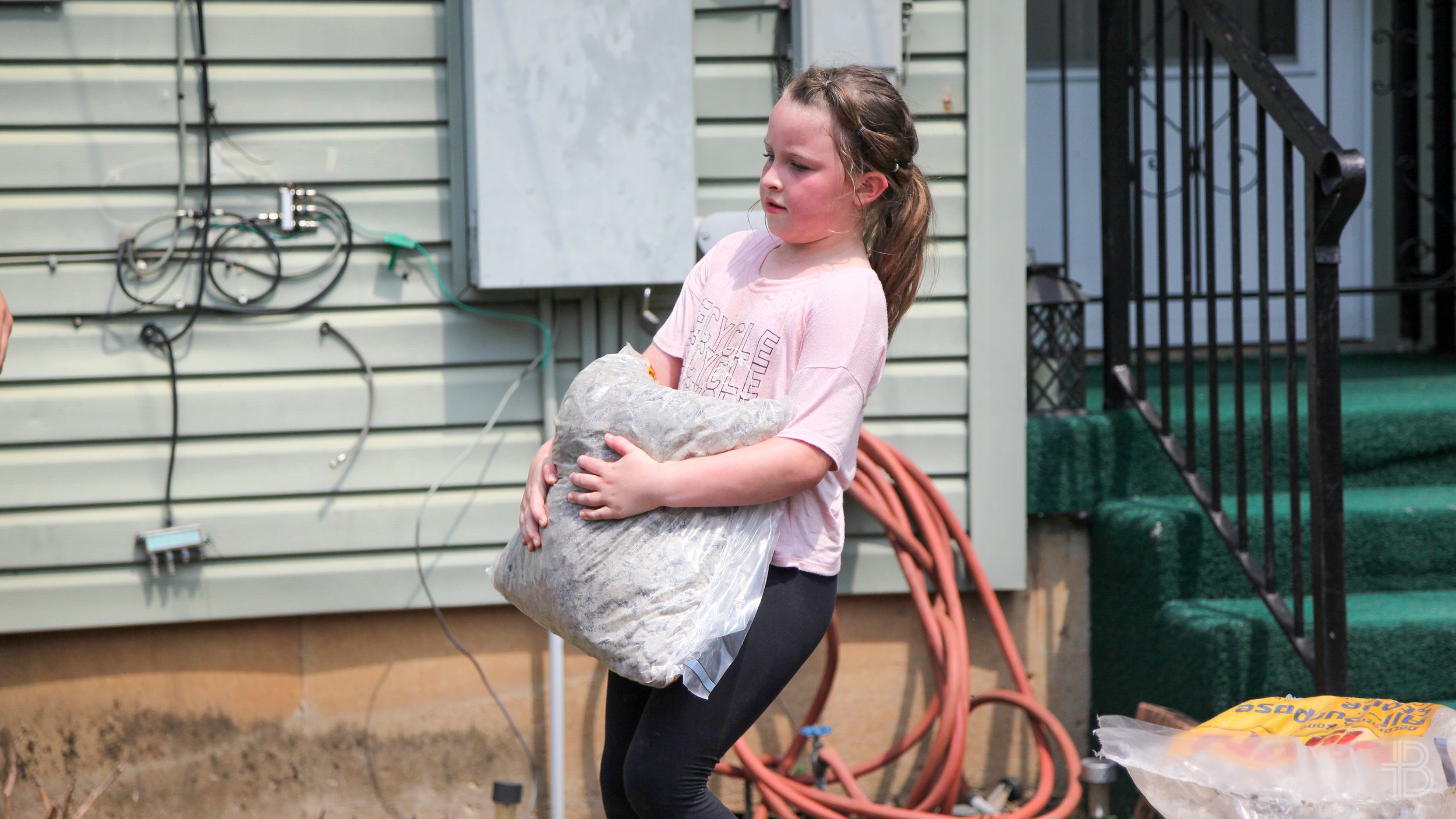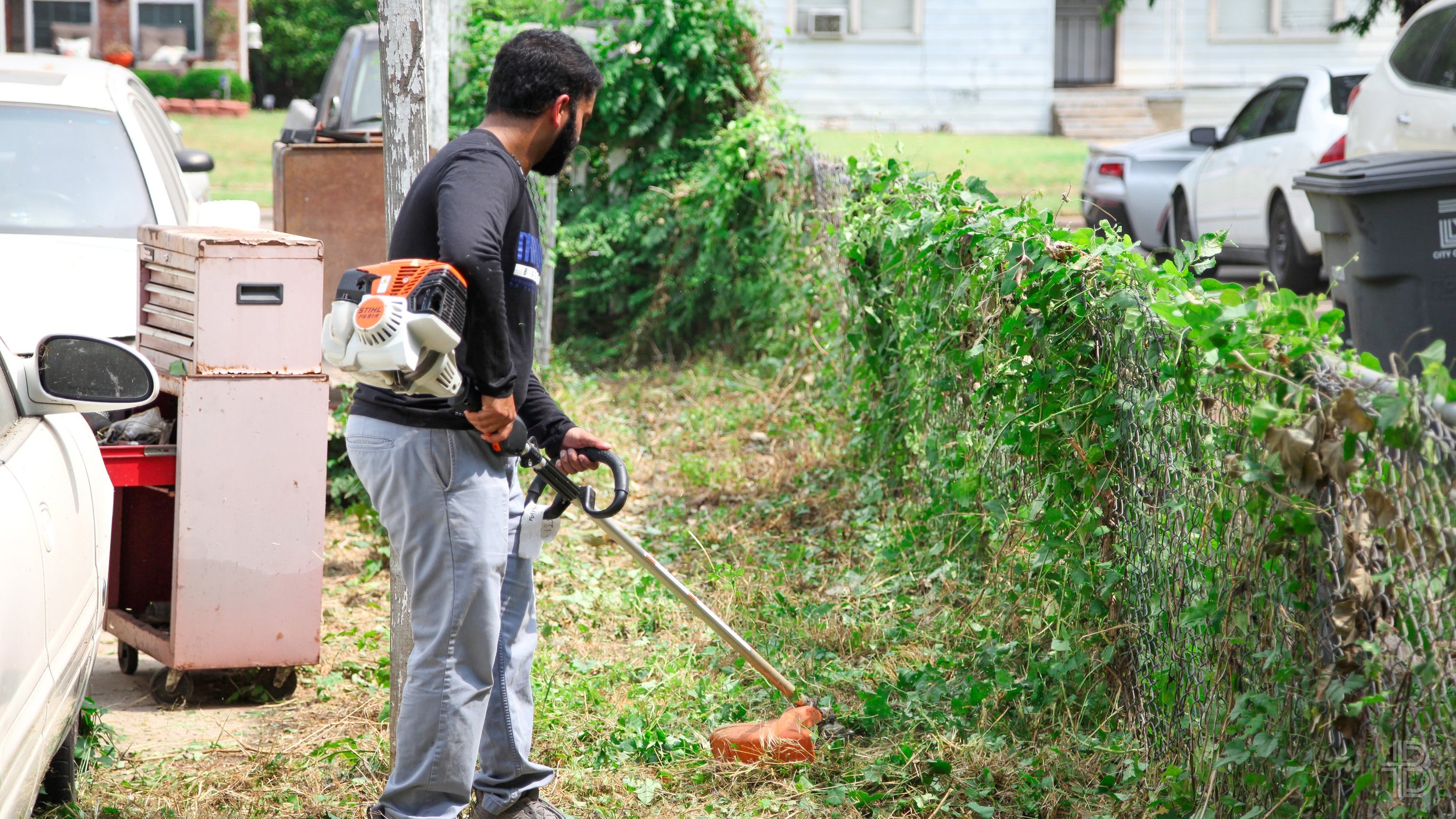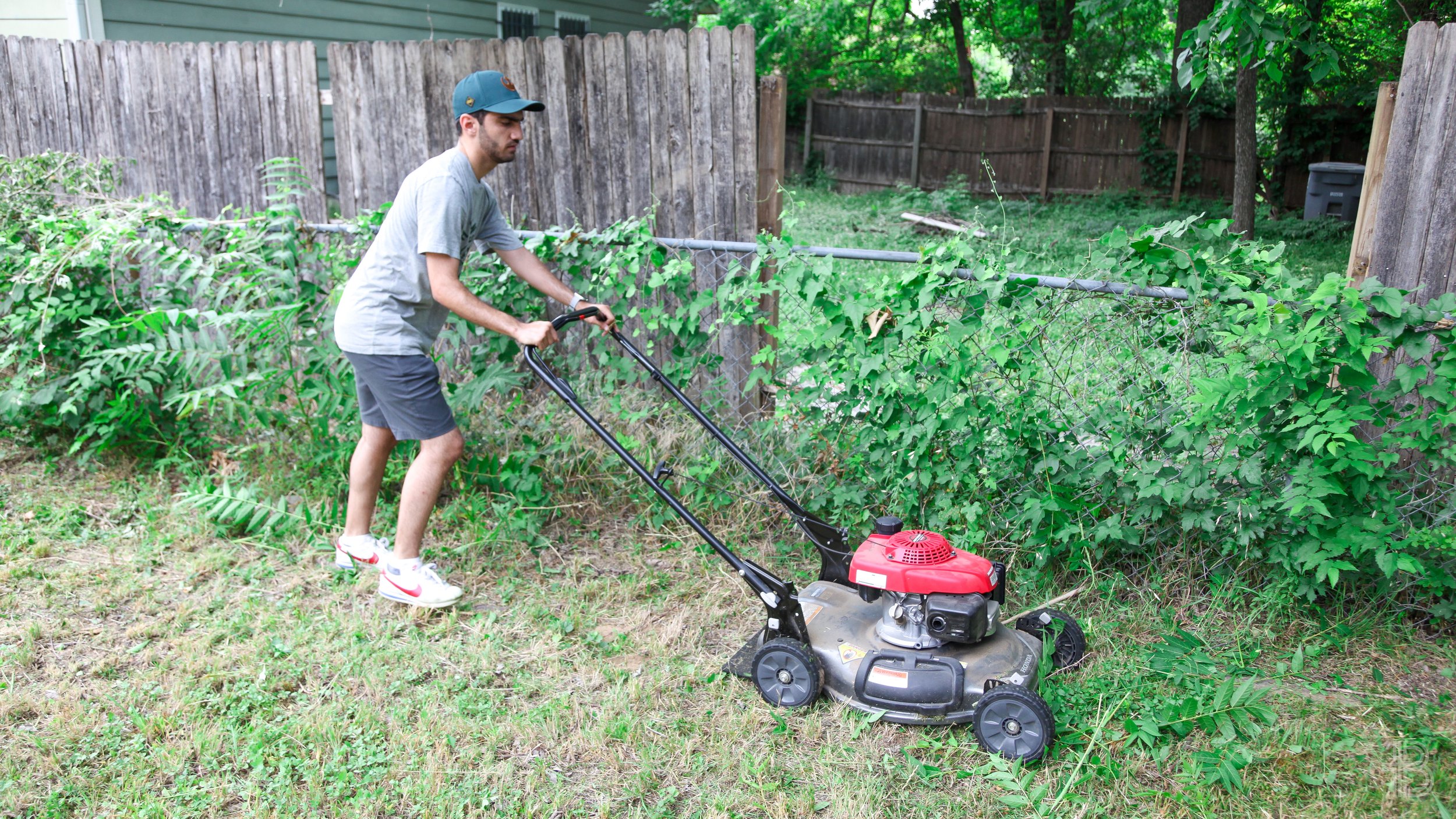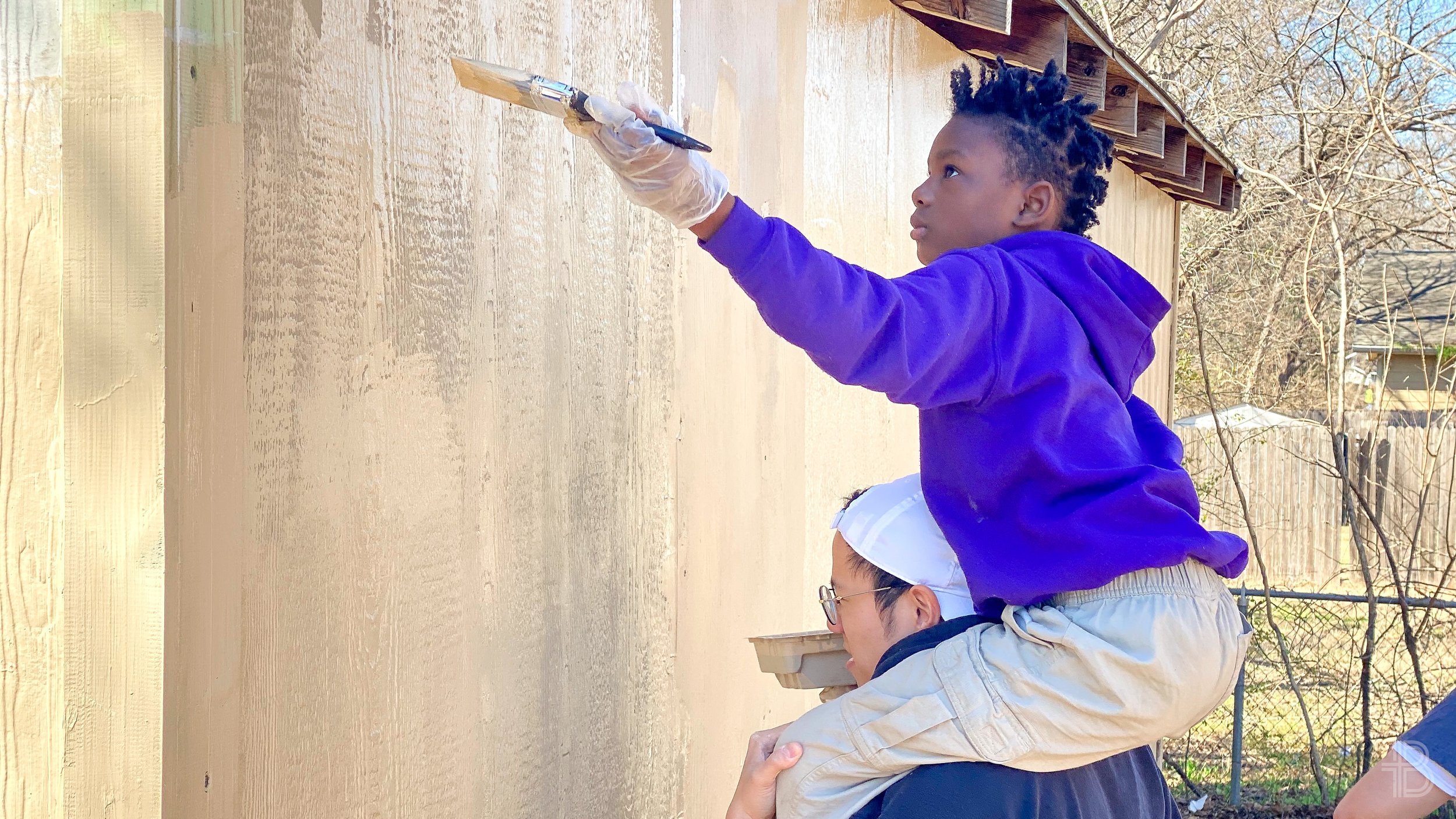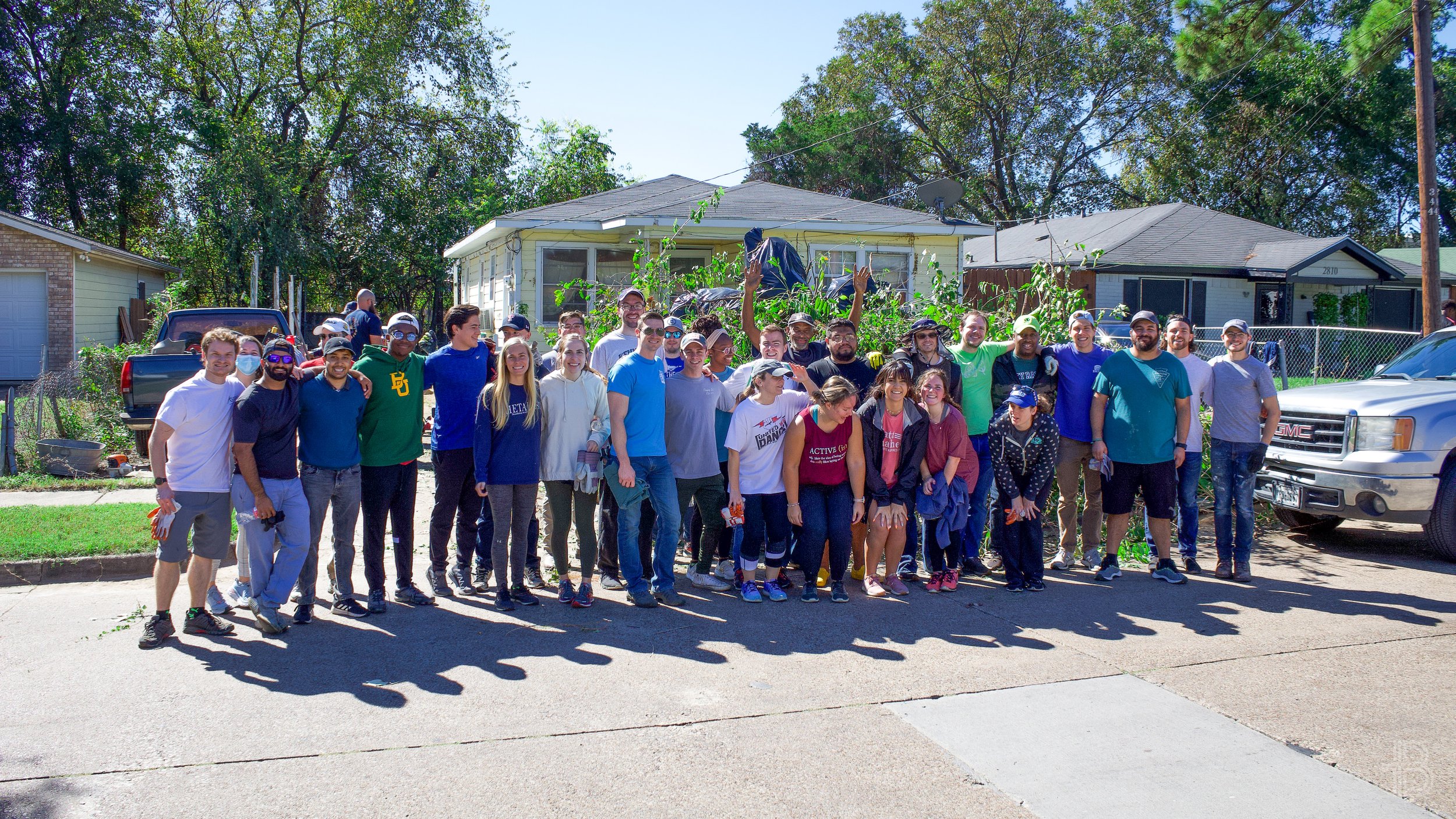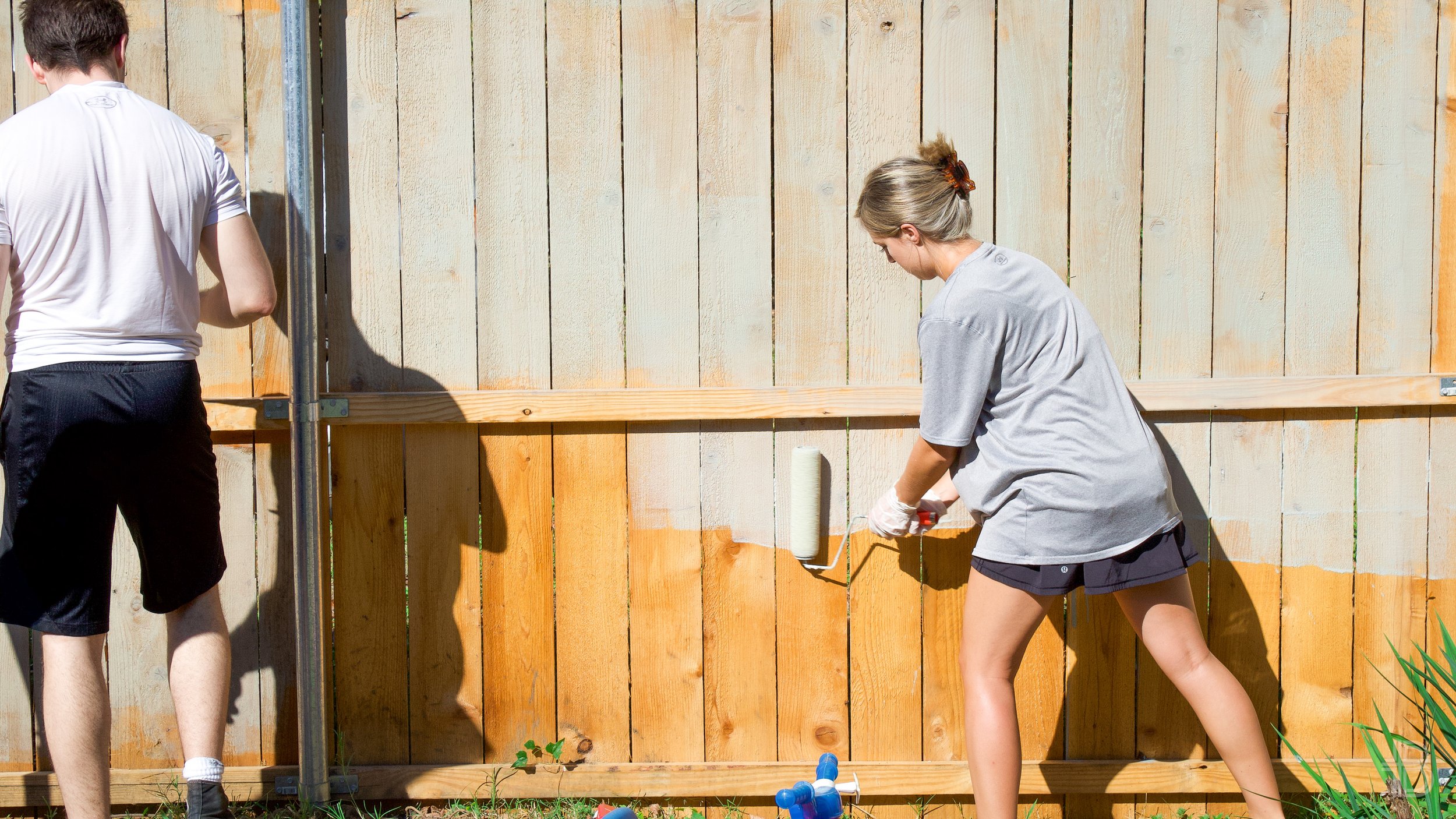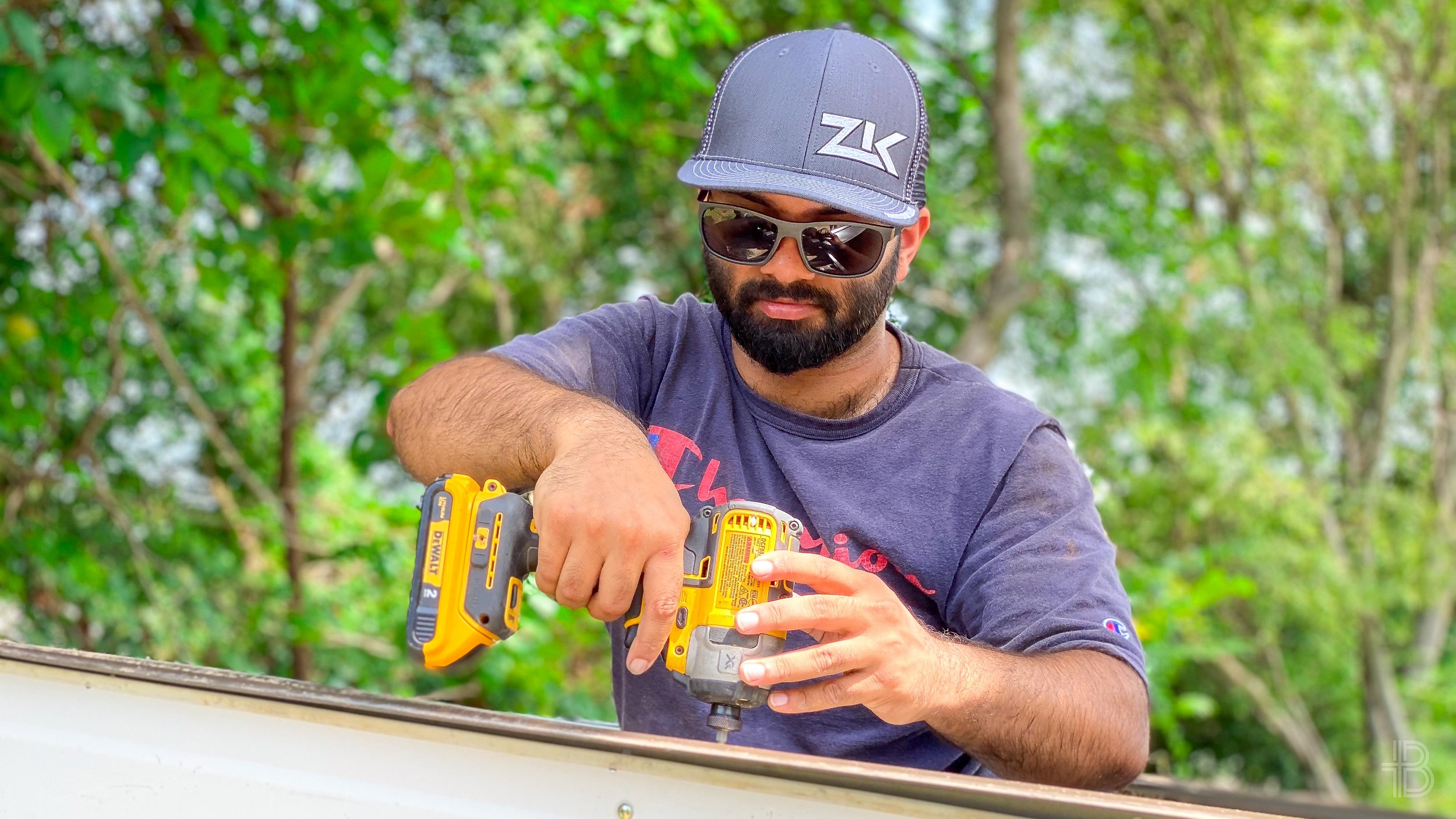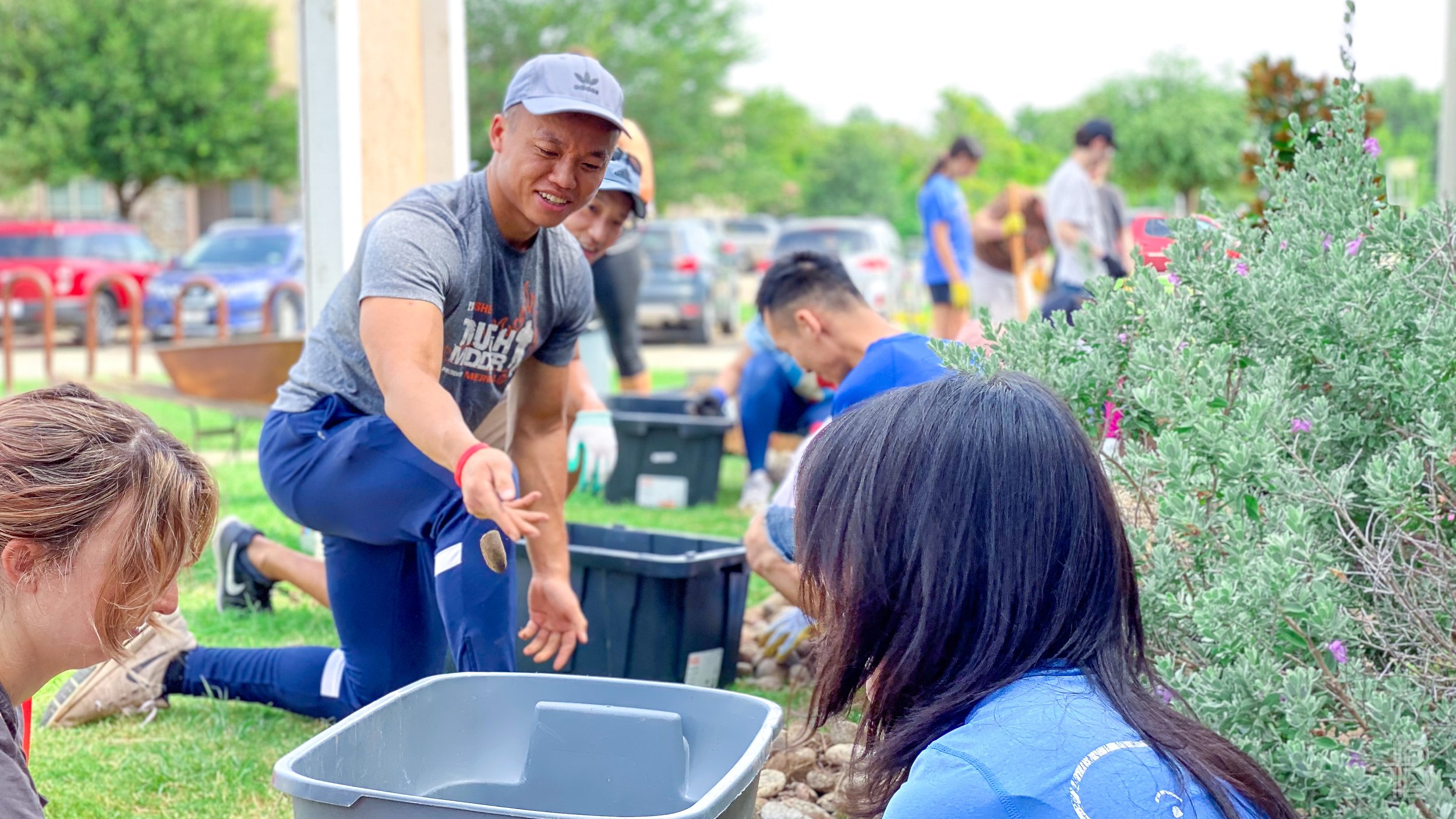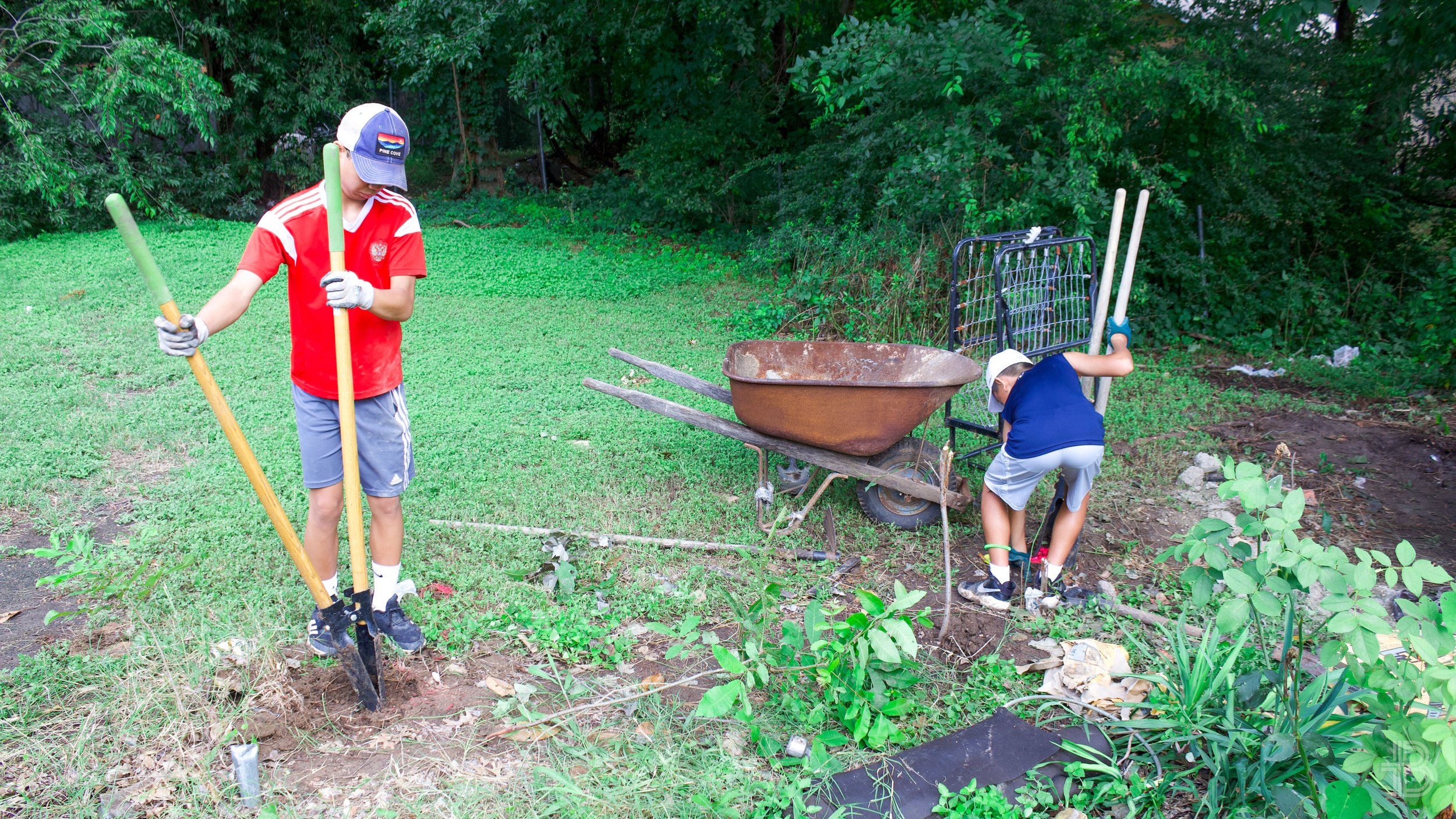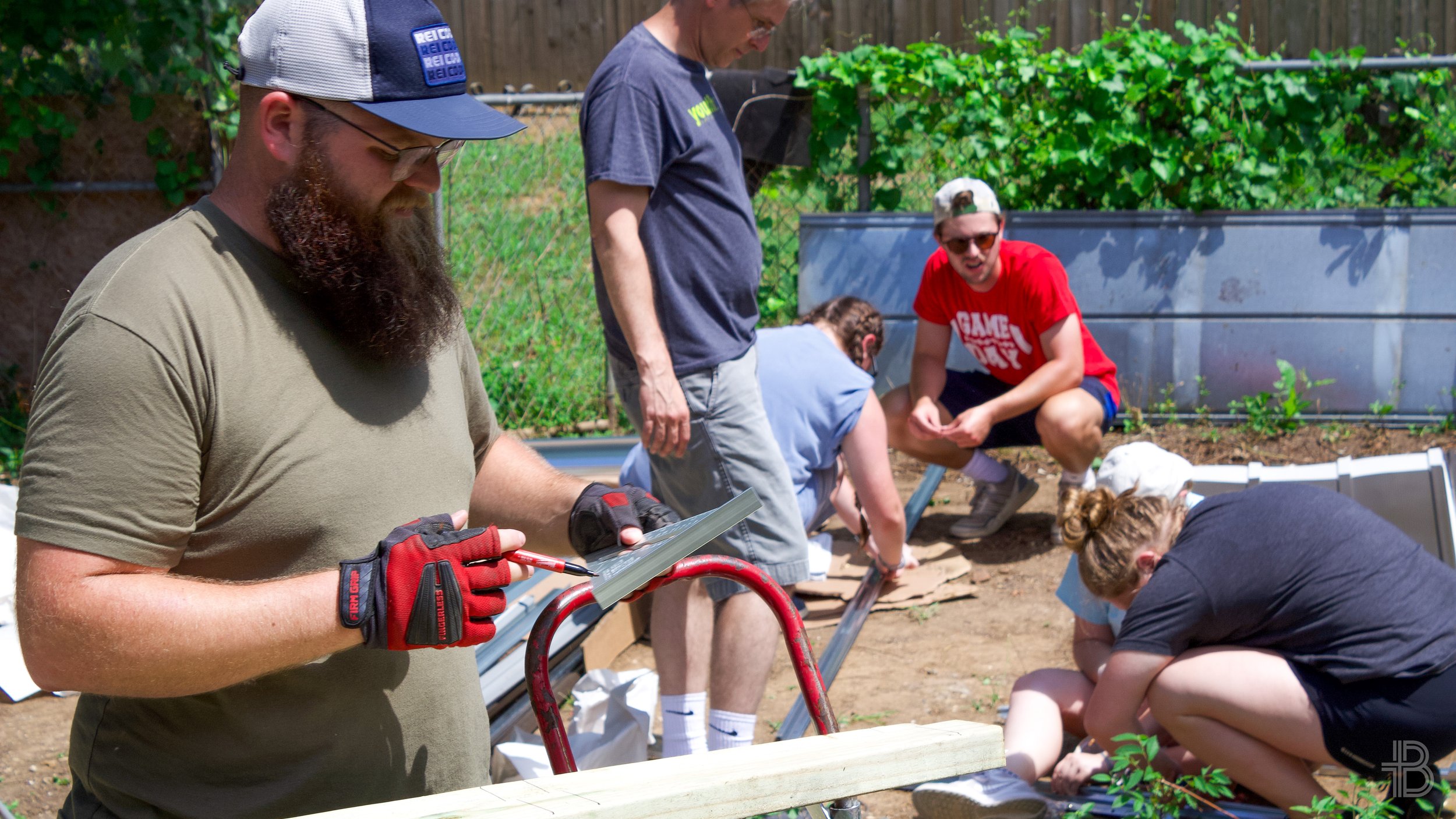How To Be A GREAT Volunteer
As for the rich in this present age, charge them not to be haughty, nor to set their hopes on the uncertainty of riches, but on God, who richly provides us with everything to enjoy. They are to do good, to be rich in good works, to be generous and ready to share, thus storing up treasure for themselves as a good foundation for the future, so that they may take hold of that which is truly life.
1 Timothy 6:17-19 (ESV)
The greatest posture: “Today you, tomorrow me”
Material possessions are uncertain, and our status in life can be altered quickly. Sometimes things just happen. When the worst happens to us, we might not be comforted by what we own, but we can be comforted by those we’ve helped before. Knowing that hardship could happen to any of us changes the lens that we view others through.
I once read the story of a man who received help with a roadside tire-change, and his helper refused money for the service, reasoning: “Today you, tomorrow me.” Compassion is key, since we never know what hardship others are experiencing, and can’t guarantee we won’t be in need ourselves someday.
Maintain a posture of humility over entitlement and compassion over judgment, knowing that material blessings are uncertain.
If we knew we would need help tomorrow, how would we help others today?
The greatest practice: our gifts are for good works
The Bible explains that the gifts God gives are intended to be used to help others. That moral guidance, found in 1 Timothy 6:18, should guide our hearts to generosity! We should be willing to give to see others receive help they need, and to give it with a sense of joy.
Volunteer as a practice of goodness, representing the heart of God and the organization where you’re volunteering.
We can’t always donate money, so donating time can be a wonderful gift to local nonprofits who offer services to your community. Giving even one evening a month creates impact, and the effect it has on you personally is practice that develops goodness in our world and our hearts.
Spending time developing goodness is not the only benefit to volunteering:
The greatest payment: serving others provides rewards
1 Timothy 6:19 refers to the eternal value of doing good for others- that our treasure might be stored up in the true life, the eternal life. Doing good creates eternal impact! Serving those God loves bonds us together and forges strong relationships, which is the essence of community.
“Life’s most persistent and urgent question is, what are you doing for others?”
– Martin Luther King, Jr.
Loving God and His people by volunteering can teach you about your neighbors, your community, and yourself. Doing good for others can help us correct our harmful postures toward others, practice and develop goodness, and earn us the rewards of unified community in the love of the Lord.
Volunteers are paid in experience- show up ready to learn about others and yourself!
Comment below: when did you last receive help that you really needed?
